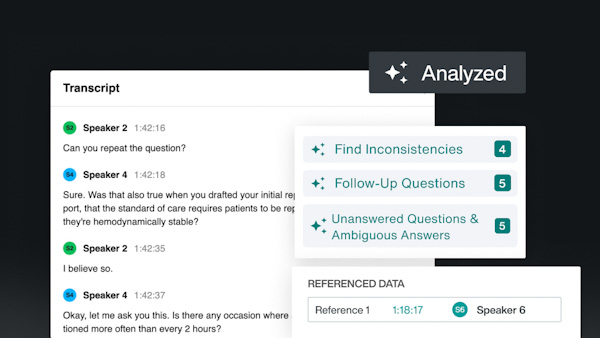Delayed Court Appearance May Nix Confession, Supreme Court Rules
The U.S. Supreme Court has revived a controversial ruling of the Warren era in a decision holding that some voluntary confessions may be tossed because of delayed court appearances for suspects.
The 5-4 ruling today directed a lower court to determine whether a suspect’s confession, given before a court appearance, was made more than six hours after an initial arrest, the Associated Press reports. A confession given after six hours must be thrown out, the court said, if the initial court appearance was delayed beyond the time of confession because of “unreasonable or unnecessary” reasons.
Justice David H. Souter wrote the majority opinion that revived a 1957 Supreme Court precedent, Mallory v. United States, SCOTUSblog reports. Mallory held that a confession given seven hours after a suspect’s federal arrest cannot be used as evidence if there was an “unnecessary delay” in a court appearance. A 1968 law intended to limit Mallory with a provision saying voluntary confessions should be admitted in most circumstances.
Souter’s opinion said the 1968 law was intended to narrow Mallory rather than discard it, SCOTUSblog says.
Long court delays can give the government too much leverage, according to Souter’s opinion.
“Federal agents would be free to question suspects for extended periods before bringing them out in the open, and we have always known what custodial secrecy leads to,” he wrote. “No one with any smattering of the history of 20th-century dictatorships needs a lecture on the subject.”
Today’s opinion is Corley v. United States.



